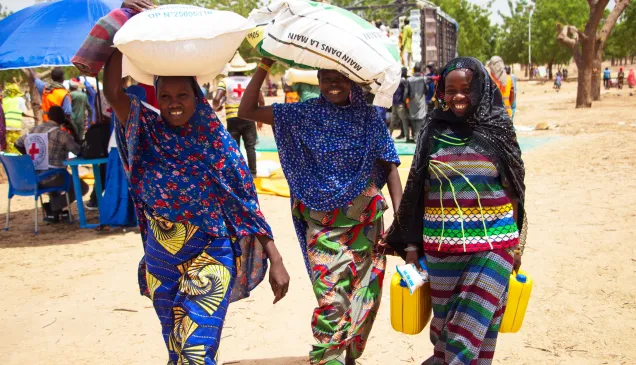International humanitarian law (IHL) – also called the “law of war” or the “law of armed conflict” – sets out detailed rules that seek for humanitarian reasons to limit the effects of armed conflict. It protects those who are not, or are no longer, taking part in the fighting, and sets limits on the means and methods of warfare. IHL is a universal set of rules. It consists of international treaty and customary rules that are specifically meant to resolve humanitarian issues arising directly from armed conflict, both international and non-international. The 1949 Geneva Conventions and their Additional Protocols of 1977 and 2005 are its core treaties. The Geneva Conventions have been accepted by all States, and acceptance for the Additional Protocols is growing. These fundamental instruments are supplemented by various other treaties. Becoming party to these agreements is only a first step, but it is a vital one. Additional efforts are required to implement the rules contained in these instruments – to put the law into effect.
Download
PDF file
1.05 MB



